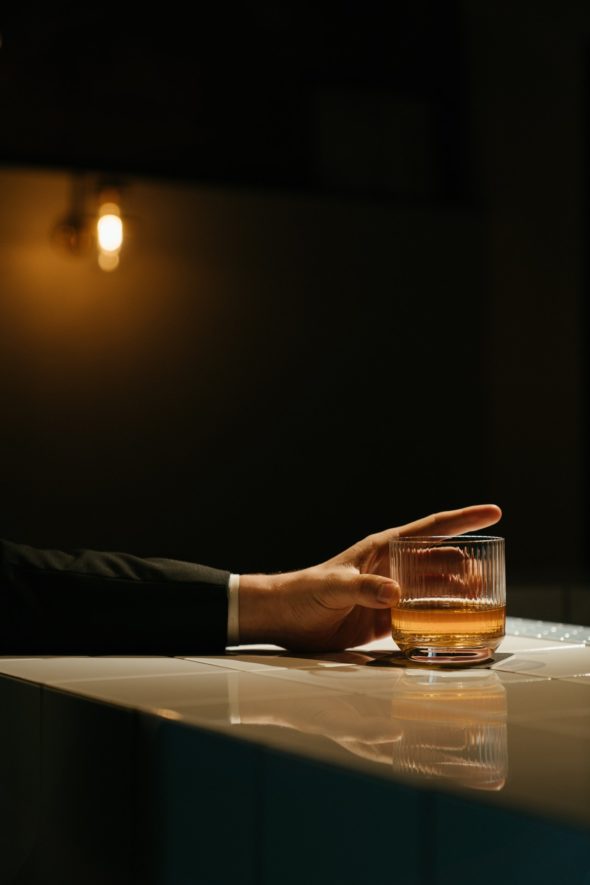How Popular Is Whisky?

Whisky’s worldwide appeal didn’t form overnight. It took centuries of craftsmanship to perfect the whisky distillation process. Today, you can find fantastic single cask whisky in just about every part of the world, including the Far East. But why? Why is whisky such an iconic alcoholic beverage when so many have come and gone over the years? The answer is complex, yet there’s no denying whisky’s popularity today. In short, whisky is arguably the most popular distilled spirit overall.
Historical appeal
A few centuries ago, a liquor distiller literally made money as the direct trade of goods and services was common. In the US, it was especially true during the fledgling nation’s early days since the economy was only developing; however, in the UK, during the same period, liquor was an established commodity enjoyed by all walks of life. In the Victorian and Edwardian eras, spirits were thought to invigorate the constitution or provide other semi-medicinal properties aside from the intoxicating effect. The downside is that liquor consumption eventually ran into the teetotal temperance movement on both sides of the Atlantic, which threw a wet rag on the industry for decades.
Alcohol Addiction
The teetotal movement came about because the problems of excess alcohol consumption started showing themselves, and still show themselves to this day. While whisky and other alcoholic beverages enjoy widespread popularity, it’s essential to recognize that alcohol consumption comes with potential risks, including the risk of alcohol addiction. Also known as alcohol use disorder (AUD), it is a serious health concern that can affect individuals from all walks of life. It can lead to physical and mental health problems, strained relationships, and overall deterioration in quality of life.
Fortunately, there are various treatment options available nowadays for those struggling with alcohol addiction, ranging from counseling and support groups to medical interventions. For some individuals with severe addiction, specialized treatments like those offered at Ibogaine treatment centers may be considered to help them break the cycle of addiction and regain control over their lives. In any case, seeking help from healthcare professionals and addiction specialists is the first and most crucial step towards recovery. But that’s not how it went historically. When the downsides of whiskey and other liquors started to become apparent, the first instinct of lawmakers, in the US at least, was to put a sanction on it.
Legal troubles
Now, the initial aim of the teetotal movement wasn’t to ban liquor outright, although some during that period did, indeed, champion such a radical change. The idea, instead, was to manage and control alcohol consumption by making a moral argument against it, eventually leading to a slew of complete prohibition statutes in some parts of the world like America.
That worked all well and good except for one undeniable fact: people didn’t stop seeking out liquors and spirits despite their dubious moral character and cost. Quality “bootlegged” whisky wasn’t exactly cheap, so what happened was that quality plummeted as black markets sprouted to circumvent tighter laws on the sale and consumption of alcohol. Long story short, temperance essentially had the opposite effect and caused more legal harm than moral good.
Nostalgia with a sprinkle of commercialization
In that light, whisky came into the mid-20th century with a full head of steam. With prohibition gone and the moral outrage subsiding, whisky brands began to commercialize the spirit’s production until a mature market formed. Nevertheless, you have to wonder how these entrepreneurs made such an impact, and the answer may boil down to whisky’s nostalgic appeal and “bad boy” reputation stoked by teetotalers.
Even today, whisky is incredibly popular because it harkens to a bygone era when spirits were first distilled. In one sense, whisky has a modern flair, with many brands delving into sweeter flavours. On the other hand, whisky has been around for centuries, so there’s no denying that consumers like to drink it.
The question as to why is challenging to answer without getting into the nuances of demographics and marketing, but the main takeaway is this: whisky is one of the most popular spirits on the planet, perhaps second only to vodka. The catch is that vodka is cheap and easy to make, whereas an excellent single cask whisky takes time, care, and ageing.
Without a doubt, whisky is one of the best liquors you can enjoy, and it’s been such for centuries.
- Restaurant Germs: Improving Cleaning Practices For Commonly Contaminated Surfaces - April 15, 2024
- 11 Cancer-Fighting Foods to Reduce the Risk of Cancer - March 18, 2024
- Safety and Aesthetics: Tips for Landscaping Around Your Wellhead - February 20, 2024
